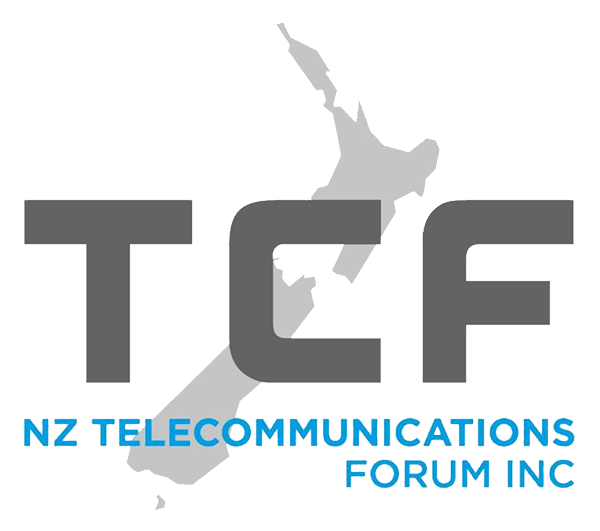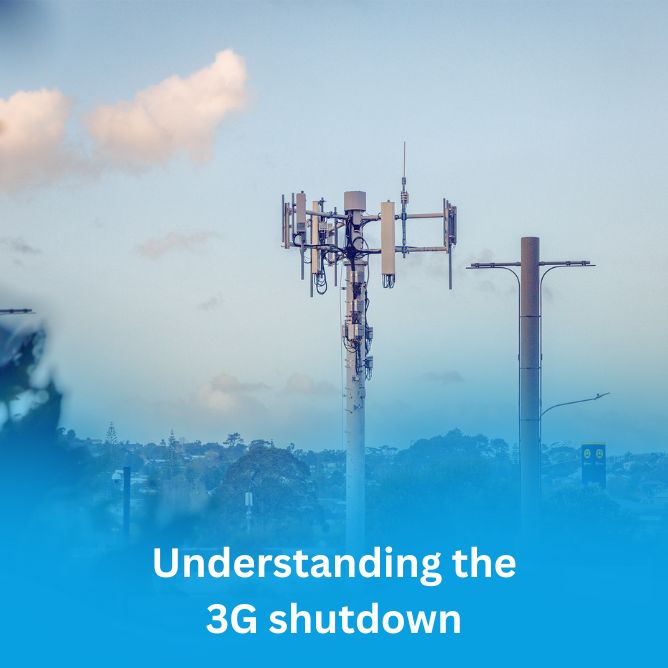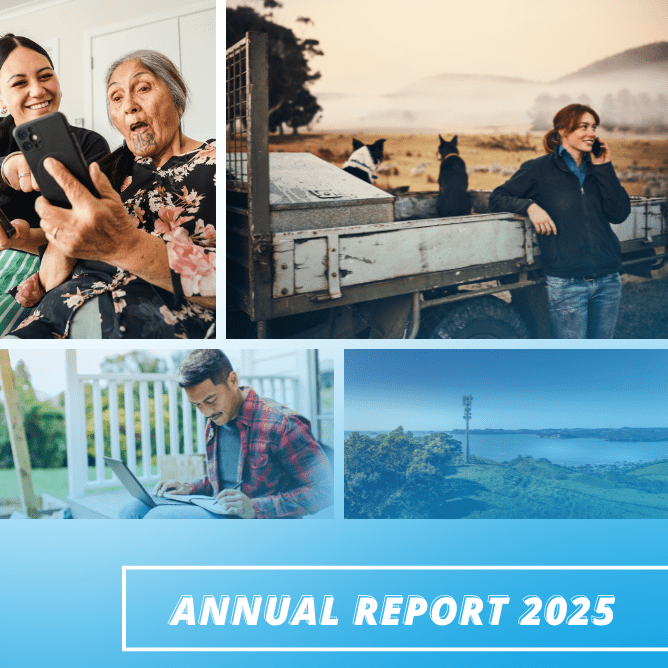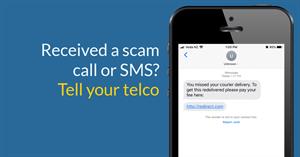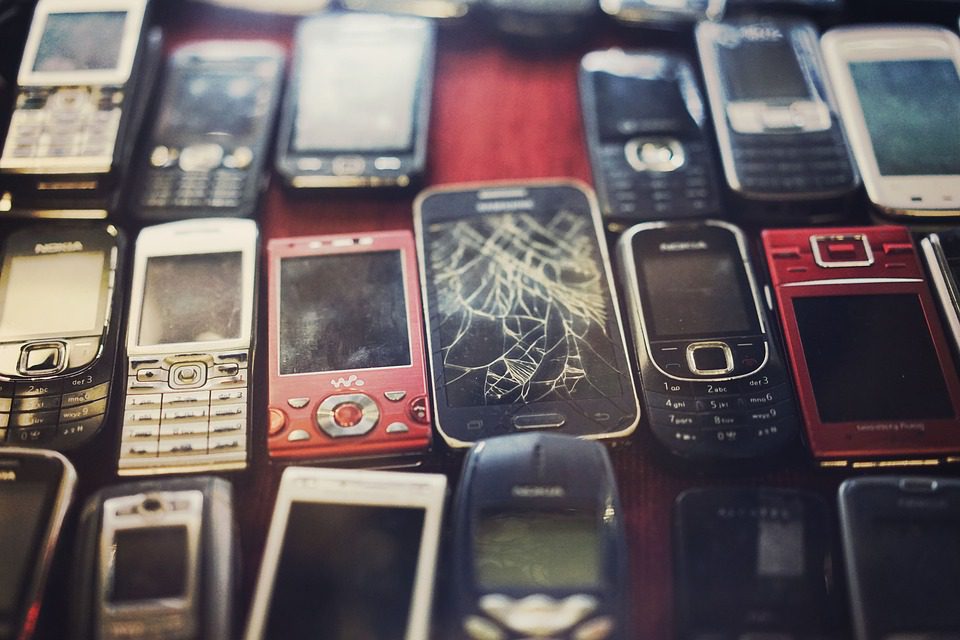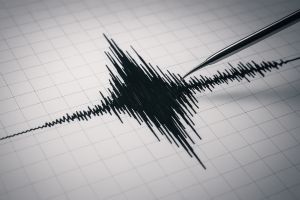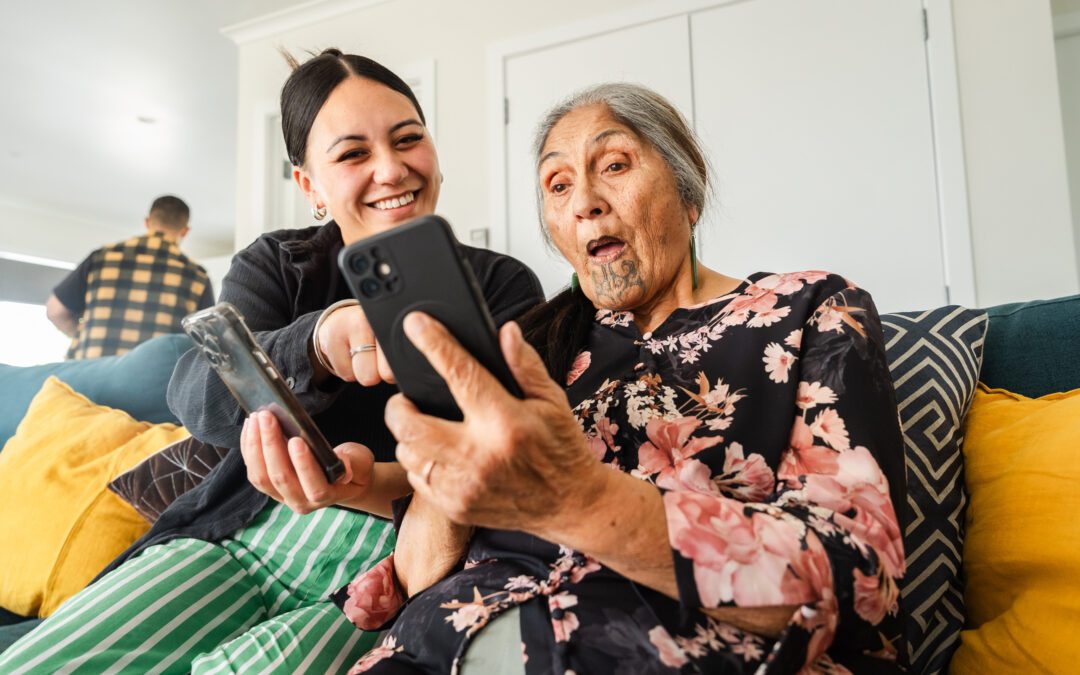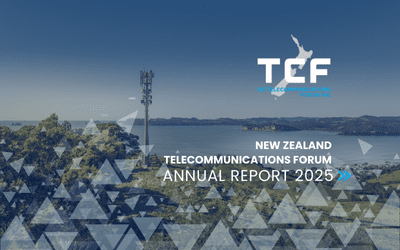Scams are becoming more sophisticated and harder to identify. As a result, Kiwis are losing hundreds of thousands of dollars to scammers each year, so we all need to be alert for scams, particularly in the lead up to Christmas.
How to identify a scam call or text message
A scam call is likely to be an unsolicited phone call from an unknown number, but it may not necessarily be from an overseas number. The caller may tell you they are from your bank, a utility provider or another organisation, and may ask you to provide personal information, to call them back on a specific number or to access to your computer. Learn more here.
Text message scams can be difficult to spot, particularly if the messages are sent by an organisation who would normally contact you by text. But, like email scams, there are some tell-tale signs. For example, there may be spelling mistakes, or the message may be sent from a different number than previous messages received from the same organisation, or from an overseas number. Text message scams will ask you to click a link or make a phone call. Learn more here.
What to do if you receive a scam
The first thing to do if you receive a suspected scam call is to hang up the phone. If you receive a suspected scam SMS, ignore the text message. Then, report the scam to your telecommunications provider as quickly as possible – even if you did not fall victim to the scam.
The telecommunications industry works together to combat scams. There is now a process in place where scammer information is shared among all of the telecommunications operators which means scams can be blocked across all New Zealand networks. The quicker you report the scam, the more likely we can protect you and other Kiwis from being scammed.
Our message is simple, if you receive a scam call or text message, tell your telco.
How to report a scam
Contact your telecommunications provider to let them know about the scam.
When reporting a scam, it is helpful if you can provide as much information as possible. Information that should be passed on to your telco includes the phone number that was used, the date and time you received the call or text message, and any other information that you received from the call e.g. who did they say they were, what they wanted you to do.
What to do if you have been scammed
If you have given personal information including sensitive or banking information to someone who you think is a scammer, contact the NZ Police immediately, as well as your telco.
Learn more about how to identify a scam call
